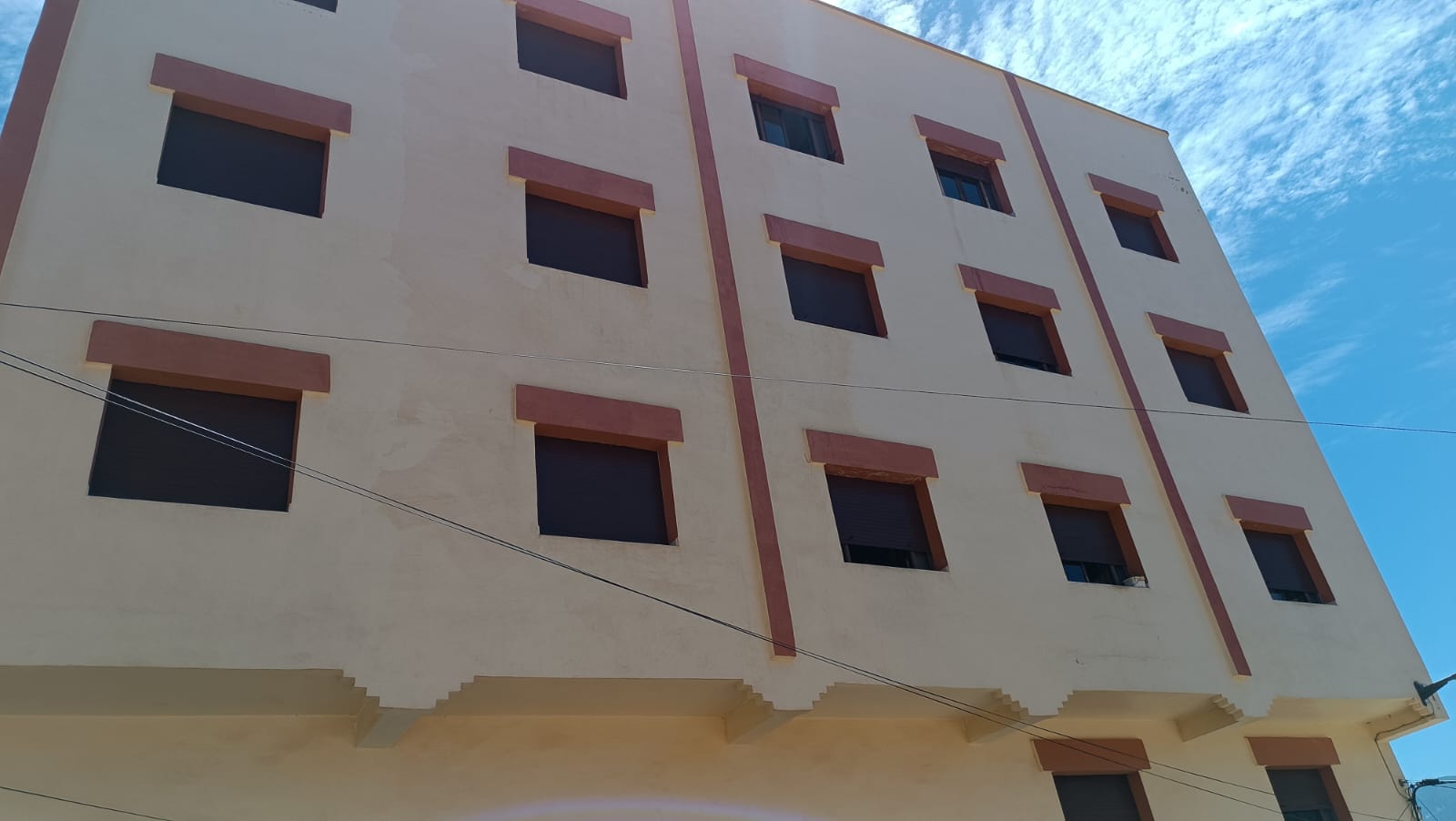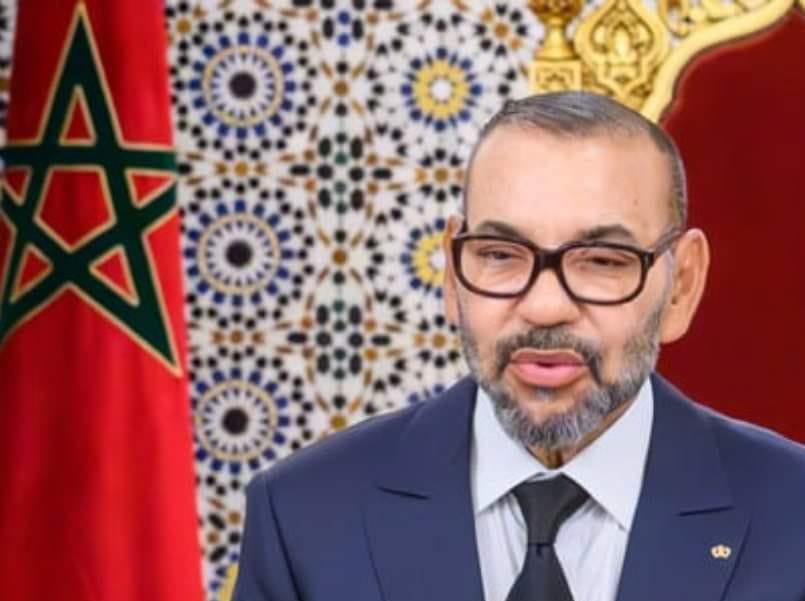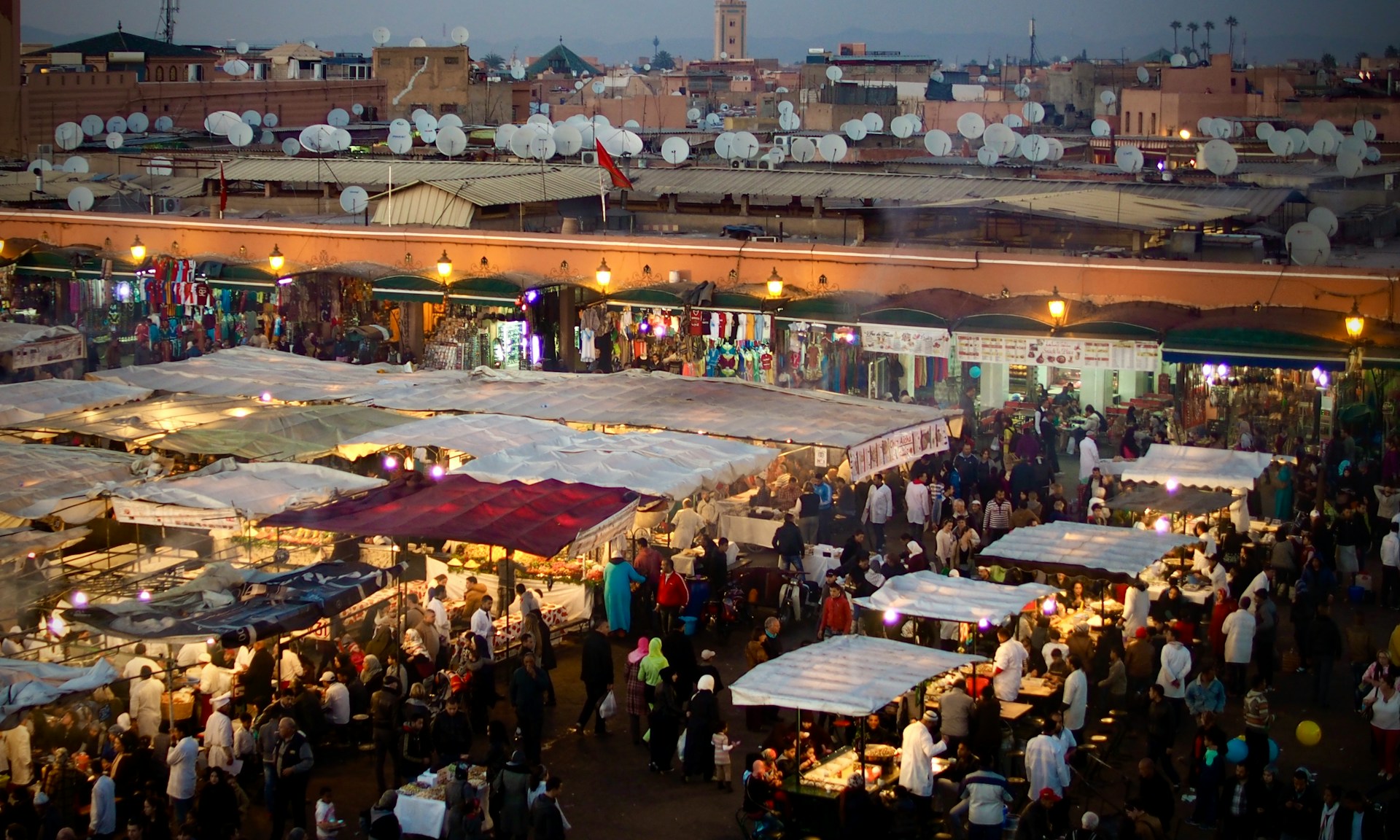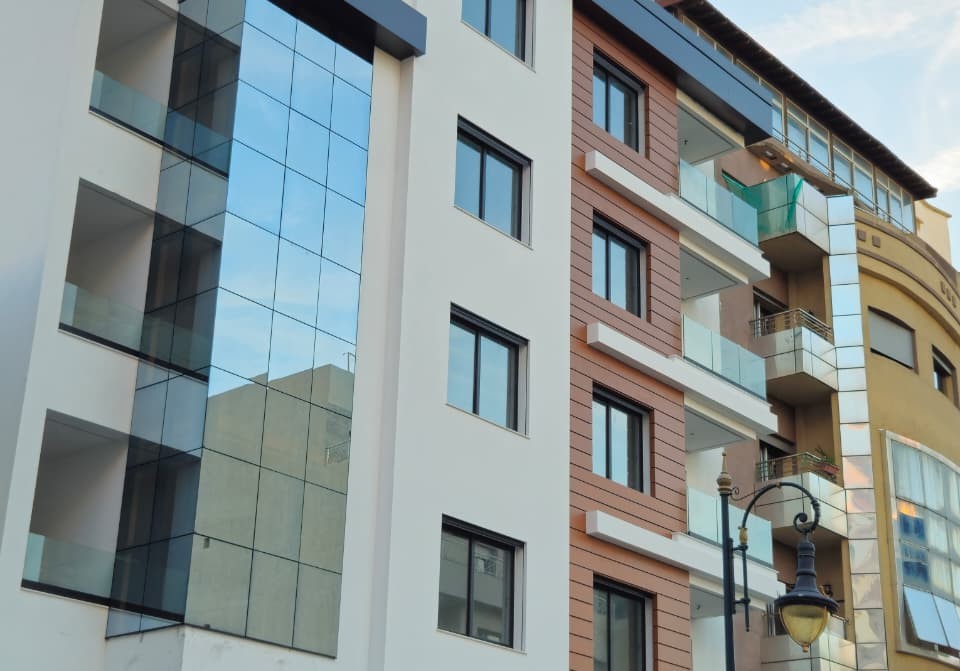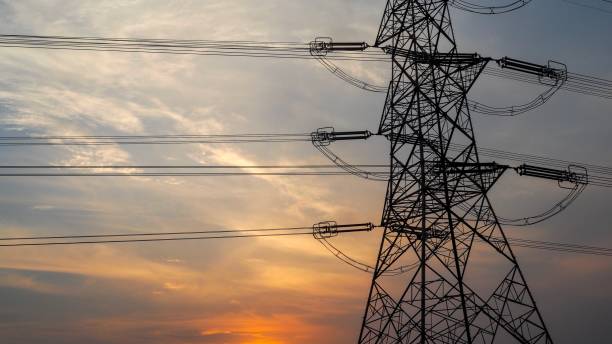Casablanca – Faced with escalating local olive oil prices, Morocco has decided to diversify its sources by turning to Brazil for imports of this essential product. This move comes as a response to the decline in domestic olive production, caused by persistent droughts, which have severely impacted the country’s agricultural output.
The Brazilian Ministry of Agriculture and Livestock announced on November 5th that Morocco had granted approval for the export of Brazilian olive oil to the Moroccan market. This approval follows a previous agreement in September that allowed the export of dried distiller’s grains (DDG) from Brazil to Morocco. By opening the Moroccan market to Brazilian olive oil, Morocco hopes to alleviate the strain on local prices, which have reached record highs in recent months.
Olive oil, a staple in Moroccan cuisine, has seen prices surge. In September, the cost of a liter of local olive oil crossed the $13, a rise linked to a forecasted 11% drop in domestic olive production for the year. This decline in output, coupled with increased demand, has led to concerns about the availability of olive oil and the possibility of further price hikes, particularly in urban areas.
To address this issue, Morocco has set a target of importing up to 10,000 tons of Brazilian olive oil by the end of 2024, with plans to extend this quota in 2025. This move is seen as a strategic effort to secure stable supplies of olive oil and reduce the impact of production shortages on the market.
While Spain has traditionally been Morocco’s main supplier of olive oil, Brazil offers a compelling alternative. Brazilian olive oil is increasingly recognized for its quality, and the country’s competitive pricing provides a cost-effective option for Morocco. Despite the geographical distance, Brazil’s logistical costs remain favorable, making its olive oil an attractive import.
One of the key motivations for sourcing olive oil from Brazil is the issue of intermediaries in the Moroccan market. The price discrepancies between olives and olive oil in Morocco are partly due to the involvement of middlemen who control the production and distribution process, leading to inflated prices for consumers. By diversifying its supply sources, Morocco aims to reduce the influence of these intermediaries and create a more transparent pricing system for local consumers.
The decision to import Brazilian olive oil also aligns with Morocco’s broader strategy to strengthen agricultural trade ties with Brazil. In 2023, Morocco was Brazil’s third-largest export destination for agricultural products in Africa, with total trade valued at approximately $1.23 billion. This growing partnership is seen as an opportunity to secure a steady supply of high-quality olive oil while also fostering economic and diplomatic relations between the two countries.
To ensure stability in the local market, the Moroccan government has also taken steps to address the broader issues of olive oil pricing and market regulation. Experts suggest that Morocco could look to examples from other olive oil-producing countries, such as Tunisia, where the government has implemented price controls to protect both producers and consumers.
In response to the rising cost of olive oil and the challenges posed by local production deficits, Morocco’s move to import olive oil from Brazil reflects a proactive approach to securing its supply, diversifying its import options, and stabilizing prices in the local market. This decision not only aims to address immediate economic pressures but also underscores Morocco’s commitment to strengthening its agricultural partnerships and ensuring the long-term availability of olive oil for its population.







